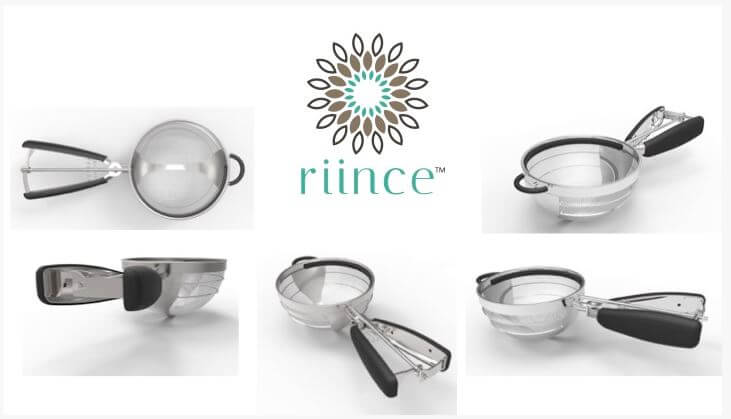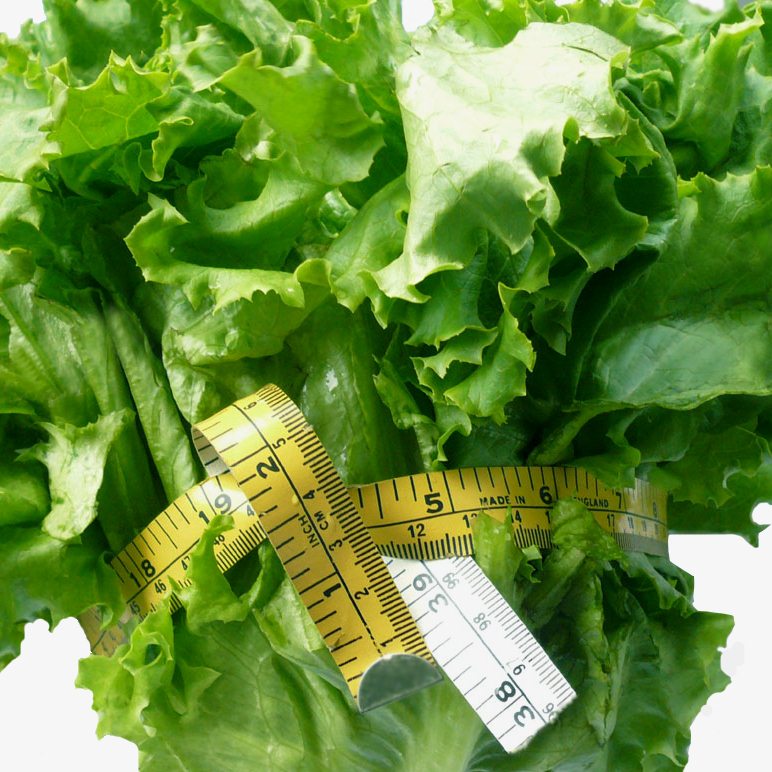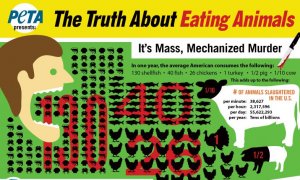Vegan foods benefit everyone, so when we hear about products that are designed to make vegan living easier, we can’t help but shout it from the rooftops. Meet PETA Business Friend Riince, which produces a simple kitchen tool that makes measuring, rinsing, and dispensing grains, lentils, seeds, and other vegan foods a cinch.

Riince’s motto—”Eat Clean. Live Clean.”—refers to what happens when you choose to fuel your body with plant-based foods: You have a lower risk of developing serious diseases while reducing your carbon footprint and ending your support of animal suffering and slaughter on factory farms.
Plant-based foods contain all the vitamins, minerals, protein, and other essential nutrients that the human body needs, without all the cholesterol and saturated fat found in meat, eggs, and dairy products. For example, just 1 cup of cooked kidney beans contains 15 grams of protein, and 1 cup of tempeh packs a whopping 31 grams. Seeds, whole grains, nuts, spinach, and lentils are also rich in protein , and unlike animal protein, plant-based sources contain healthy fiber and complex carbohydrates.
According to the Academy of Nutrition and Dietetics, because they eliminate foods that promote the disease and maximize their intake of foods that help fight it, including fiber-packed grains and beans as well as phytochemical-packed fruits and vegetables. As the China Study by Cornell Professor T. Colin Campbell concluded, proteins from animal-derived foods are the most cancer-causing substances ingested by humans.
Eating animal products can also raise the body’s cholesterol level, which can lead to heart disease. The good news is that vegan foods don’t have any cholesterol because plants don’t have a liver to produce it, and they can prevent, manage, and even reverse diabetes.
Going vegan is also more humane: The production of meat, eggs, and dairy products sentences billions of animals to factory farms every year, where they’re mutilated without painkillers, deprived of everything that is natural and important to them, and hacked to death while still conscious. Nonvegan foods also destroy the planet and waste resources.
Meat production is responsible for a shocking 51 percent or more of global greenhouse-gas emissions and more water pollution than all other industrial sources combined, and an EPIC-Oxford study concluded that people who eat meat are responsible for more than twice as many dietary greenhouse-gas emissions per day than vegans are. Plus, it takes more than 2,400 gallons of water to produce 1 pound of cow flesh, and 80 percent of agricultural land in the U.S. is used to raise animals for food and grow grain to feed them—almost half the total land mass of the lower 48 states.
Join PETA and Riince in safeguarding your health, the environment, and animals by eating only delicious vegan foods.
Written by Kimberly Walls
Co-written by Caitlin Legere






